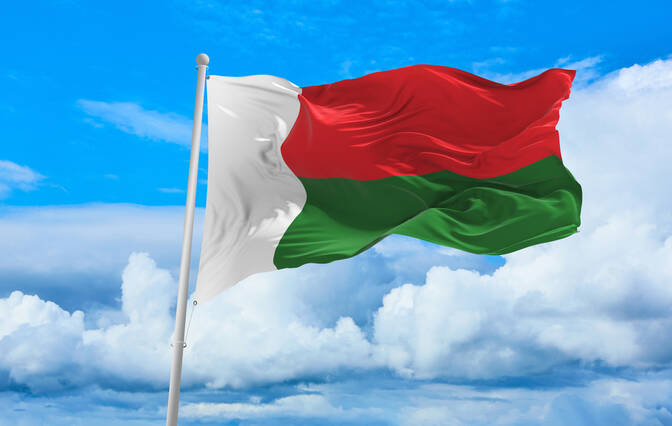Independence Day
June 26, Thursday

Historical Context
* Madagascar was under French colonial rule since the late 19th century.
* In the post-war period, nationalist movements demanding independence began to grow.
* On June 26, 1960, Madagascar officially became an independent state.
* The country’s first president was Philibert Tsiranana.
Celebration
* State ceremonies involving top officials, including the president.
* Raising the national flag and performing the national anthem.
* Parades and military displays in the capital and other major cities.
* Public festivities, concerts, dances, and festivals reflecting local traditions and culture.
* Exhibitions and educational programs dedicated to the history of Madagascar’s independence.
* Streets decorated with flags and national symbols.
Significance of the Holiday
* Independence Day reminds citizens of the struggle for freedom and the country’s sovereignty.
* Emphasizes the importance of national unity and cultural diversity.
* Helps to strengthen patriotism and pride in historical achievements.
* Allows reflection on the value of democratic rights and freedoms.
Interesting Facts
* Independence Day coincides with Africa Day, a holiday celebrated in many countries of the continent.
* Madagascar is known for its unique natural wealth, and the celebration often includes environmental initiatives.
* Traditional costumes and folk dances that showcase the island’s rich culture are widely used on this day.
Conclusion
Madagascar Independence Day is a celebration of remembrance, freedom, and national unity. It brings together people of different ethnic groups and reminds them of the importance of protecting and developing a state based on respect for its history and culture.
